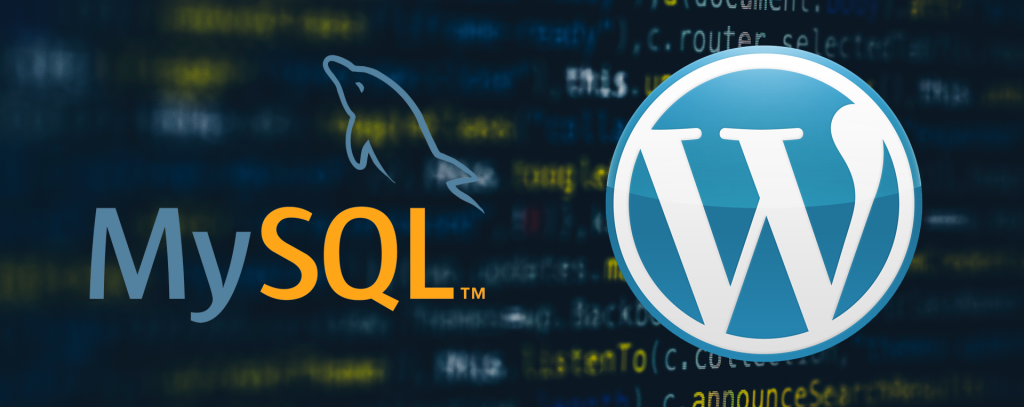
WordPress is a popular content management system (CMS) used by millions of websites worldwide. While it is known for its ease of use and flexibility, it is also vulnerable to security threats if not properly secured. One of the most critical aspects of WordPress security is protecting the database. In this blog post, we will explore the basics of WordPress database security and provide tips on how to keep your WordPress database safe from potential threats.
What is a WordPress database?
A WordPress database is a collection of data that is used by WordPress to store website content, user information, and settings. It includes tables that hold data on posts, pages, comments, and other content. The database is managed by a database management system (DBMS) such as MySQL or MariaDB.
Why is WordPress database security important?
The WordPress database contains sensitive information such as user passwords, login credentials, and website content. If this information falls into the wrong hands, it can result in data breaches, website hacks, and other security threats. In addition, an unsecured database can lead to slow website performance and potential downtime.
Tips for securing your WordPress database
- Use strong database credentials: Use strong and unique usernames and passwords for your database. Avoid using default or easily guessable usernames and passwords.
- Change your database table prefixes: By default, WordPress uses “wp_” as a table prefix. Changing this to a unique prefix can make it more difficult for hackers to find and exploit vulnerabilities.
- Keep your WordPress installation up to date: Regularly update your WordPress installation, themes, and plugins to ensure that you have the latest security patches.
- Use a reputable hosting provider: A good hosting provider will have measures in place to protect your database from potential threats.
- Limit database access: Restrict database access to only those who need it. Avoid giving database access to users who do not require it.
- Backup your database regularly: Regularly backup your database to protect against data loss or corruption.
- Install a security plugin: Consider installing a security plugin such as Wordfence or Sucuri to monitor and protect your WordPress site from potential threats.
In conclusion, securing your WordPress database is critical for the overall security and performance of your website. By following the tips outlined in this blog post, you can help protect your WordPress database from potential threats and ensure that your website remains safe and secure.